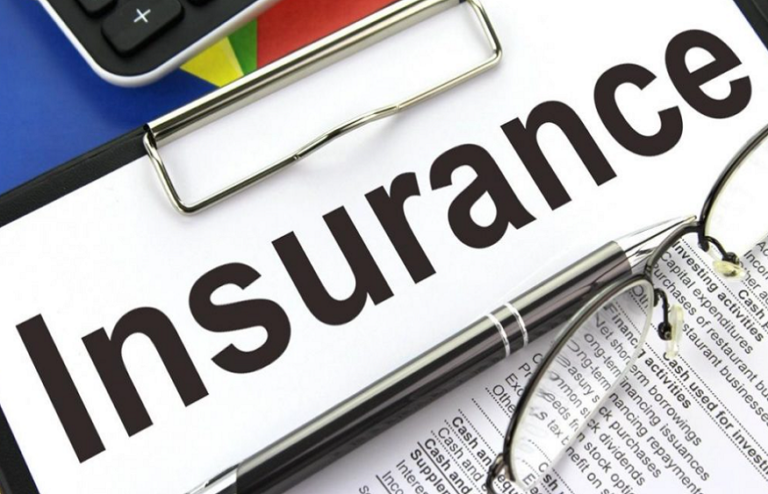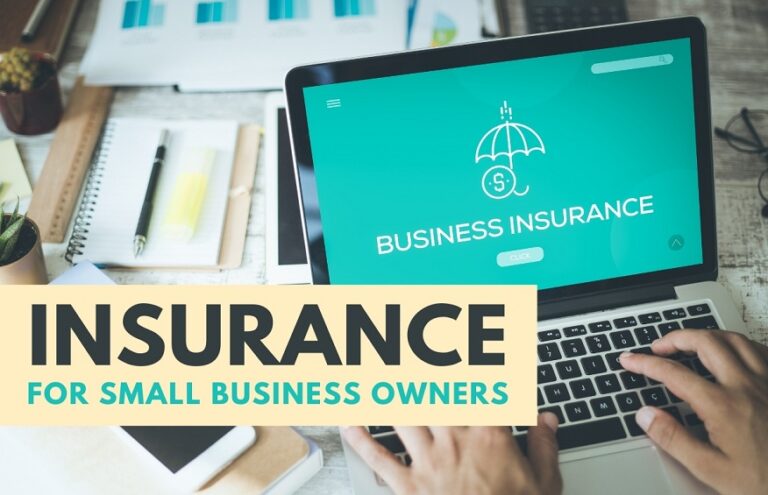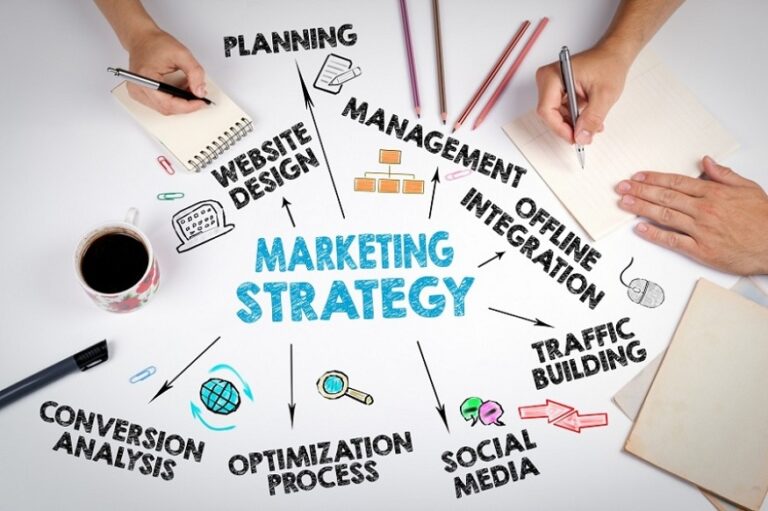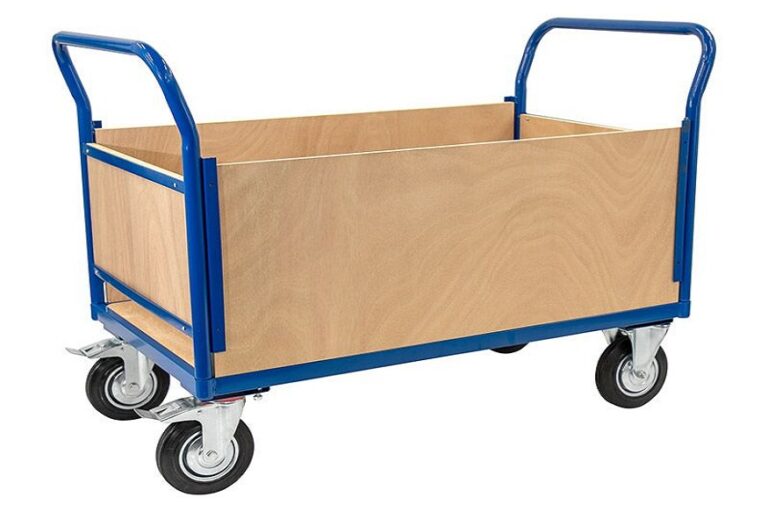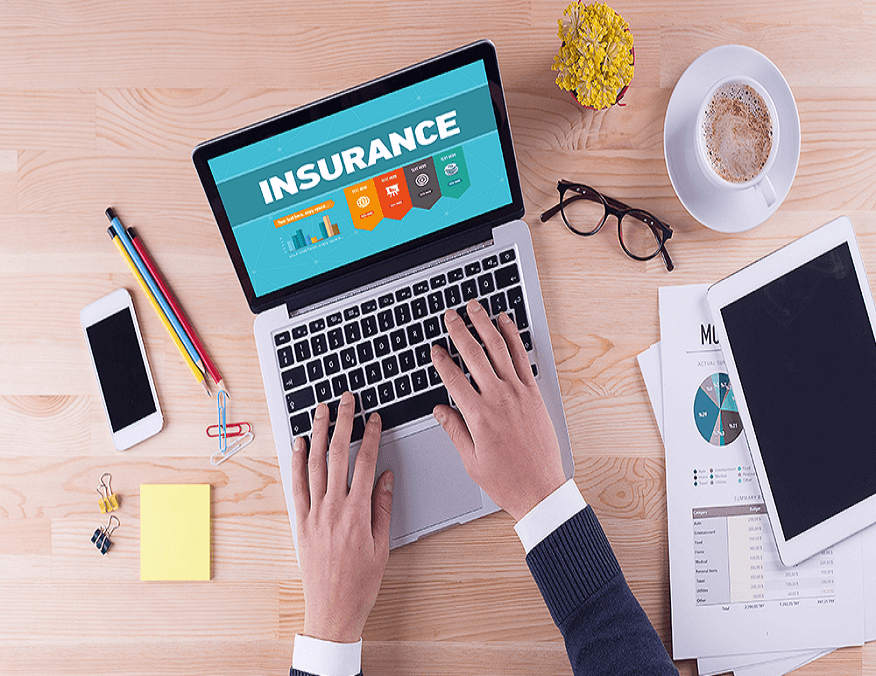
Running a small business, any small business, is both exciting and very time-consuming. From showcasing the store to meeting customer deadlines, there’s no shortage of responsibilities, and with so much on the go comes a number of risks to your business, and to your wallet. The problem is that these are not always great risks: a labeling error or a water leak in your business could escape your attention for a while, but they could have serious consequences on your daily activities, and on your profits.
You have invested a lot of time, money and effort in starting and growing your business. It is therefore particularly important to have a plan to protect it. Buying the right insurance for your small business is a good way to protect yourself against major losses, but in the face of the abundance of offers, you may not know which insurance is best for your business. What’s more, shopping for insurance is a long, laborious and, let’s face it, rather boring process. Good news: here we present clear and concise descriptions of the different insurances that could be useful to you. Regardless of your sector of activity (services, construction, sales), we will enlighten you on the coverage that best suits your small business.
What should be insured?
To define your small business insurance needs, there are three aspects to consider: your assets, your activities and your finances. Depending on the nature of your activities, you will need to pay more particular attention to some of these aspects. To save you time, we’ve outlined some of the top insurance policies that will help you protect these three critical aspects of your business.
1. Your goods
Do you have a boutique or a workshop? Do you use a vehicle to conduct your business? Is your small business based in your home? These are all questions you need to answer to assess the insurance needs of your small business. Here are the main insurances that could be useful to protect your property:
Business property insurance : This insurance covers the building that houses your small business, whether it is a shop or a workshop, as well as its contents (equipment, electronic devices, furniture, inventory, materials, etc.). If your bakery’s electric oven is destroyed in a fire, this insurance will give you a boost to replace it without spending a fortune. Outdoor goods, such as signs, fences and landscaping elements, can also be included, which, for example, will help you cover repair costs if your sign is vandalized.
Business auto insurance : If you or your employees use a vehicle to run business, you need business auto insurance. From the electrician who goes from site to site to the florist who delivers sumptuous bouquets, this insurance will cover you if your vehicles are damaged or if your employees are injured in a road accident. If you use your personal vehicle for business, be aware that you are not necessarily fully covered by your personal auto insurance. If your personal vehicle has advertising lettering, for example, it is very likely that your personal insurance will not apply.
Home-based business insurance : If you’ve established your business quarters in the comfort of your own home, your home insurance may not cover all of your business property – business equipment, for example, is excluded. It is therefore important to protect your company’s assets by taking out additional coverage. Home-based business insurance will help you cover the costs associated with various claims (damaged equipment, stolen inventory, customer drops, etc.).
2. Your activities
Someone falls in your home; a customer suffers bodily harm because the product you sold him is defective… here are two classic situations that could lead to legal action. Fortunately, there are different forms of liability insurance to protect against this risk and carry out your daily activities with peace of mind:
Commercial liability insurance : Commercial liability insurance is the basis of all commercial insurance. It will protect your small business if it is held liable for personal injury suffered by a customer, supplier or any other third party. If a customer slips on the stairs of your store and injures himself, for example, he could sue your business even if the steps were impeccable. You must protect yourself against this type of disaster. In fact, falls are the leading cause of injury-related hospitalizations in Canada. This insurance will also be useful if you or your employees are held liable for property damage caused to a third party. For example, a caterer who spills a pot full of chili on a customer’s white carpet will turn to this insurance to cover some of the damages he might be ordered to pay. Small business liability insurance is essential, whatever your industry.


